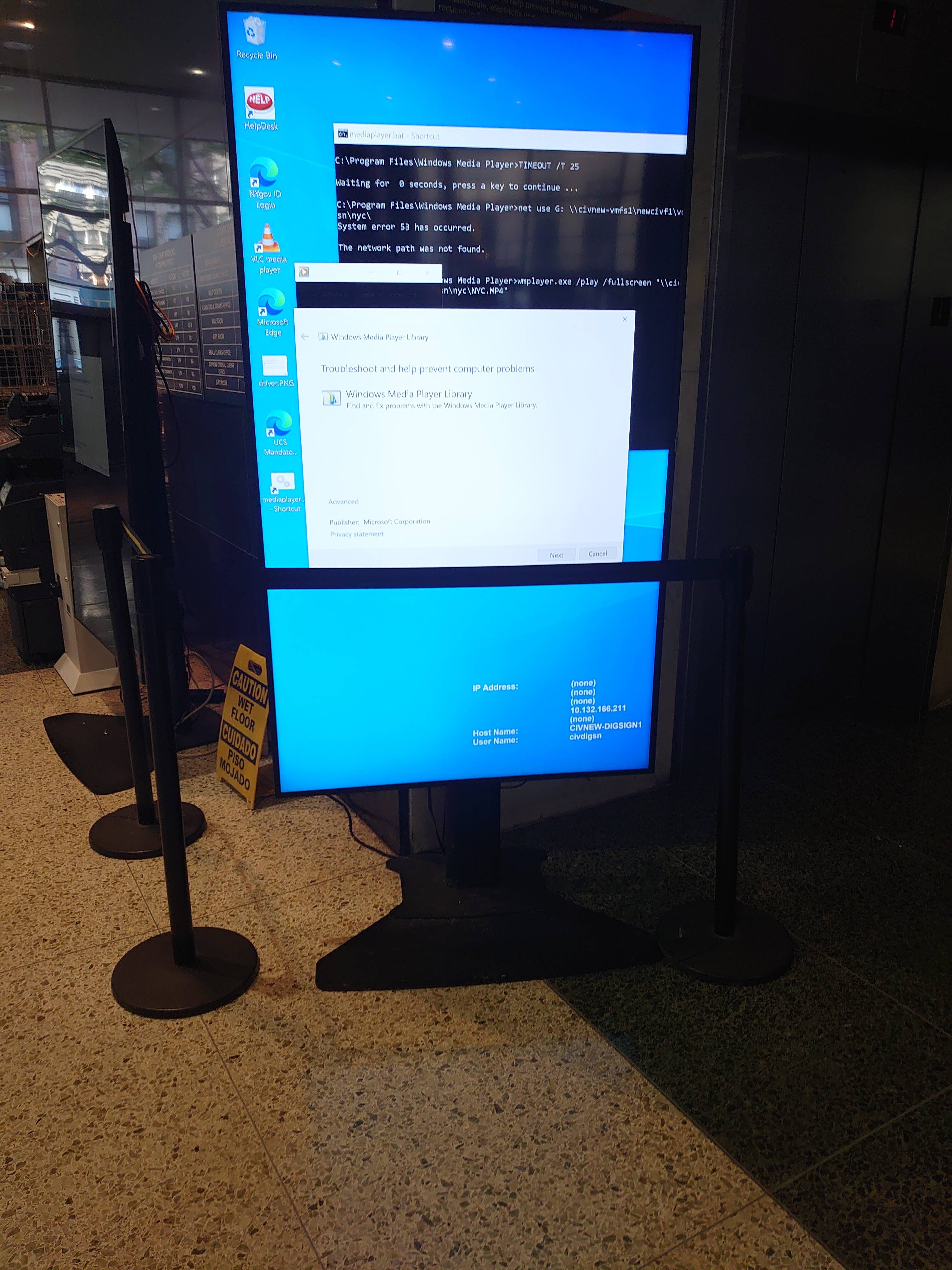Software testing is hard. Even with the right talent in place, it doesn’t always go as planned — particularly when executed at scale. In a 2020 survey from Electric Cloud, 58% of developers blamed software bugs on test infrastructure and process issues — not design defects.
The market for software testing solutions is quite massive, unsurprisingly, with one estimate pegging it at $55.98 billion. There’s plenty of vendors in the space, from startups like Qase, EvaluAgent and Codegen to incumbents like Azure and AWS.
But a new entrant, Antithesis, thinks it can make a splash.
Antithesis, which emerged from stealth today, was founded by the team behind FoundationDB, the distributed database platform, which Apple quietly acquired in 2015. Following the Apple acquisition, the FoundationDB team dispersed to pursue other Big Tech company jobs, but eventually arrived at the same conclusion: Even sophisticated organizations lacked the software testing tools they needed to be more efficient.
“So, five years ago, a number of us got back together to build Antithesis,” Will Wilson, the co-founder and CEO of Antithesis, told TechCrunch in an email interview. “We took the rigorous testing approach of FoundationDB, matured it, and, after years of operating in stealth, made it the only commercially available system of its kind for general software testing.”
Antithesis’ product continuously scans the newest version of software under development for bugs inside a separate-from-production, simulated environment (complete with virtual hardware, service and networking components), reproducing and providing debugging information for bugs it finds. This approach eliminates the need for developers to manually write their own tests, Wilson claims, which is typically a time-consuming and fraught process.
Antithesis runs software under a range of conditions and predefined properties to report any unintended behavior. When it notices interesting behavior, Antithesis makes a copy of the system state and explores possible outcomes from that point — “more intensely” exploring paths that produce abnormal logs.
“Autonomous testing is an important application [that can make] developers more productive,” Wilson said. “[It] gives engineers almost half their time back that they would’ve spent on bug-related issues and allows them to develop with confidence.”
That’s assuming Antithesis’ tech works as advertised. Investors seem enthusiastic about it in any case — Antithesis today closed a $47 million seed round from Amplify Partners, Tamarack Global, First In Ventures and angel investors, including Howard Lerman, the founder of Yext and Roam.
The round — unusually large for a seed — values Antithesis at $215 million, Reuters first reported and a source familiar with the matter confirmed to TechCrunch.
“A group of existing investors were very excited by our progress and came to us with a proposal to invest more on friendly terms,” Wilson said. “We jumped at the opportunity to keep working with people we trusted and to avoid a big fundraising roadshow with its attendant distractions.”
Virginia-based Antithesis is already working with customers, including Palantir, Ethereum and MongoDB and other unnamed “large enterprises,” as well as startups. But the funding will enable it to grow that base, Wilson says, by expanding Antithesis’ sales and marketing teams, growing engineering and research efforts and supporting ongoing feature and product development.
Note: This article have been indexed to our site. We do not claim legitimacy, ownership or copyright of any of the content above. To see the article at original source Click Here












